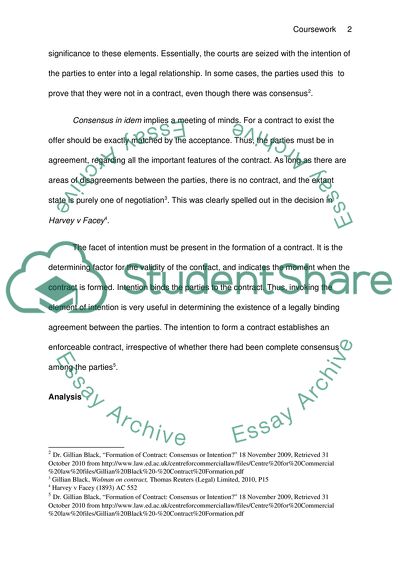Cite this document
(Legally Binding Contract Assignment Example | Topics and Well Written Essays - 1500 words, n.d.)
Legally Binding Contract Assignment Example | Topics and Well Written Essays - 1500 words. https://studentshare.org/law/1743354-the-coursework
Legally Binding Contract Assignment Example | Topics and Well Written Essays - 1500 words. https://studentshare.org/law/1743354-the-coursework
(Legally Binding Contract Assignment Example | Topics and Well Written Essays - 1500 Words)
Legally Binding Contract Assignment Example | Topics and Well Written Essays - 1500 Words. https://studentshare.org/law/1743354-the-coursework.
Legally Binding Contract Assignment Example | Topics and Well Written Essays - 1500 Words. https://studentshare.org/law/1743354-the-coursework.
“Legally Binding Contract Assignment Example | Topics and Well Written Essays - 1500 Words”. https://studentshare.org/law/1743354-the-coursework.


